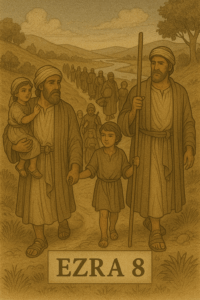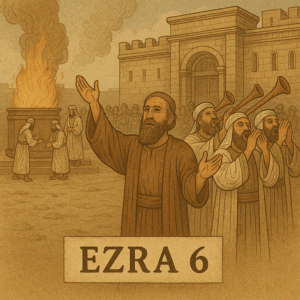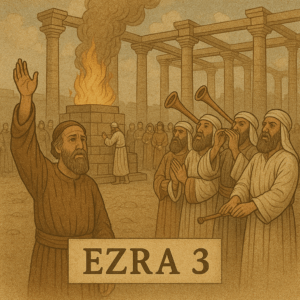Beyond morality: Unveiling the complexities of Leviticus 18.
Leviticus 18 delves into a sensitive topic – sexual ethics and forbidden relationships within the Israelite community. While some may interpret it solely as outdated moral codes, the chapter offers a window into the social and religious beliefs of the time, prompting reflection on the deeper meanings and potential lessons for navigating relationships in the modern world.
Protecting the family unit: Defining boundaries.
The chapter outlines a series of prohibitions regarding sexual relationships, including incestuous unions and homosexual acts. These restrictions aimed to protect the social fabric of the community and establish clear boundaries within familial structures.
Understanding the context: Cultural and religious influences.
It’s crucial to remember that these concepts were embedded within a specific cultural and religious context. The ancient Israelites were surrounded by cultures with different sexual practices, and Leviticus 18 aimed to establish a distinct moral code for their community.
Beyond the literal: Exploring interpretations.
Modern interpretations of Leviticus 18 vary. Some scholars emphasize the importance of protecting vulnerable individuals within family structures from exploitation. Others explore the potential connection between these prohibitions and concepts of ritual purity prevalent in ancient Israel.
Modern relevance: Respecting boundaries and fostering ethics.
While the specific restrictions of Leviticus 18 may not translate directly to modern legal or social codes, the underlying themes offer valuable insights:
i. Importance of consent: Highlighting the importance of consent and respect for boundaries within all relationships, both sexual and non-sexual.
ii. Protecting vulnerable individuals: Recognizing the need to protect vulnerable members of society, particularly within family structures.
iii. Evolving moral codes: Acknowledging that moral codes and ethical understandings change over time, prompting ongoing reflection and dialogue.
Conclusion.
Leviticus 18 tackles a complex topic with historical and cultural significance. By exploring the context, interpretations, and potential lessons beyond the literal, we gain a deeper understanding of the chapter’s role in shaping the Israelite community. This knowledge can inform discussions about consent, boundaries, and ethical considerations in fostering healthy relationships in the modern world.




